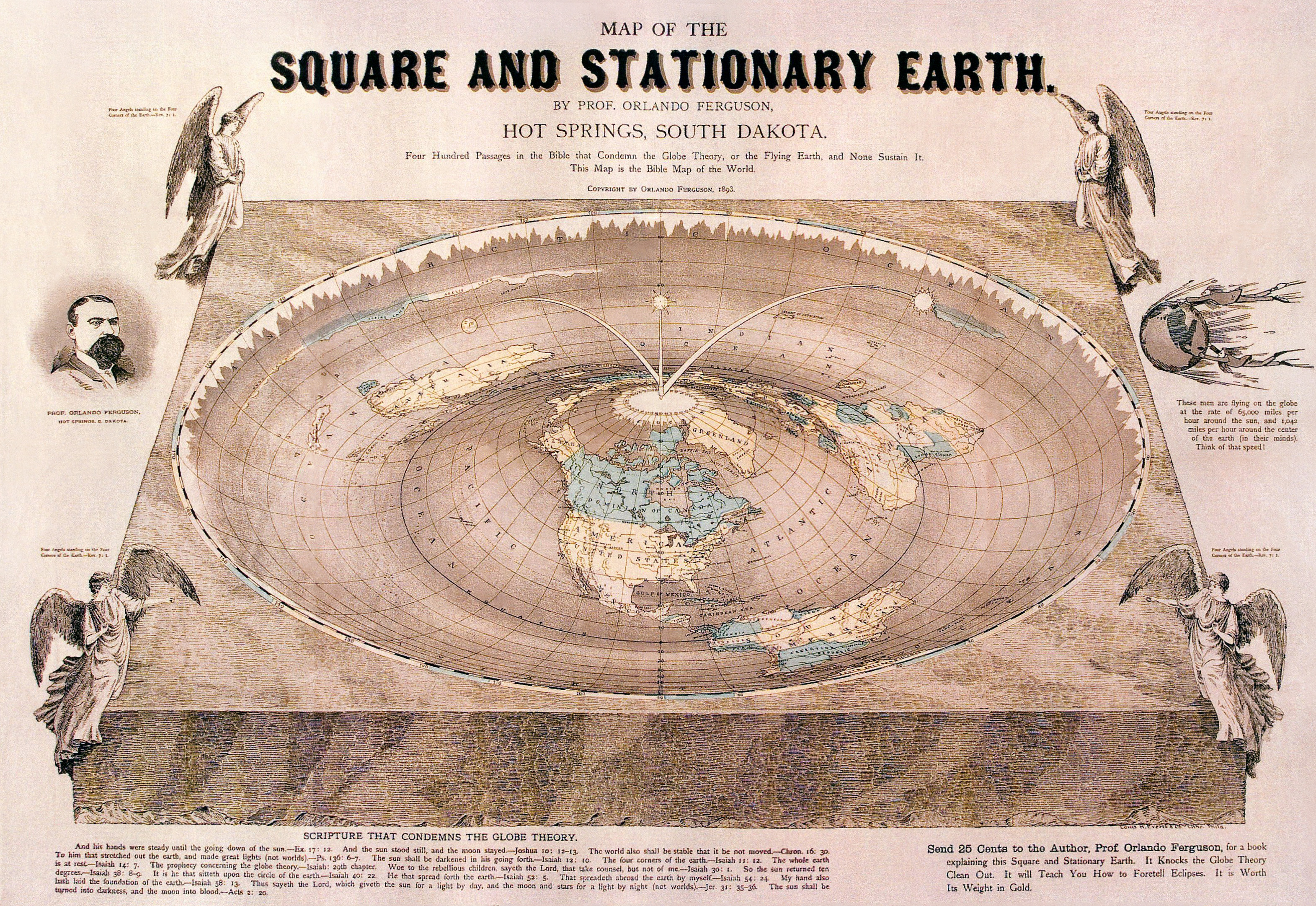My friend Xerxes recently wrote a column suggesting the NDP did something risky by electing a new leader with a darker than average skin tone, and of a minority religion. I scoffed: Canada has a good record of not voting along religious lines. And, I asked rhetorically, “When has skin colour ever been an issue here?”
Perhaps predictably, a SJW wrote back. To her, at least, skin colour is important.
“Since Europeans first arrived here, and right down to today. Early settlers deemed indigenous people fair game or enslaved them. Black people were imported to be slaves―more than most Canadians know― through the 17th and 18th centuries, and some were not freed until the 19th. Some Canadians may have espoused the abolitionist cause but that doesn’t mean racism vanished. Quite the contrary: blacks were effectively ghettoized (e.g., Africville in Halifax) and restricted as to employment (e.g., railway porter was about the best work for a black man) well into the 20th century.
“Indigenous people and people of colour still face discrimination in housing, hiring, and even medical treatment in our hospitals. And it’s not as if these facts are hidden from anyone who reads newspapers, watches TV news, or even shops at an average mall.”
In related news, the Dalhousie University students’ union has
banned all celebrations of Canada Day for Canada’s 150th anniversary. “Canada Day,” they say, is “an act of ongoing colonialism.” A student council VP wrote on Facebook that “she would not stand with ‘privileged white people,’ or be proud of a country that is responsible for ‘over 400 years of genocide’ and ‘the stealing of land.’”
I oppose hate speech legislation. But if we are going to have it, this should be prosecuted as hate speech. The fact that it won’t be is an illustration of why hate speech laws are an awful idea. They are always going to be used as a club against groups already facing discrimination, not to protect them. They will only protect the already privileged.
In this case, the victims are “white people.”
Let us look at the claims in turn.
“Early settlers deemed indigenous people fair game or enslaved them.”
Early settlers came to trade with the Indians. You do not get far by killing or enslaving your suppliers or your customers.
Slavery was endemic to native cultures. The early European settlers stood apart in not practicing it.
Indian warfare was nearly constant, and there was no such thing as a non-combatant or a civilian. The arrival of European civil society in any area ended the killing and brought peace.
“Black people were imported to be slaves―more than most Canadians know―through the 17th and 18th centuries.”
No slave ship ever landed at a Canadian port.
There were been a handful of domestic slaves in Canada before the 19th century, but then, at that time, there had always been slavery everywhere. Even then, European Canada would have stood out as a place in which slavery was almost unknown. That is, among the European population. Slavery was always common among the indigenous people. When the Europeans extended their jurisdiction, it was banned.
In 1793, Upper Canada (Ontario) distinguished itself as the first British colony anywhere to outlaw slavery. And in this, the British Empire as a whole was ahead of the rest of the world. The colonies of British North America were, from then onward, the great refuge for slaves from the USA. The original black population of Nova Scotia was American slaves freed by the British during the American Revolution, and given land.
“Blacks were effectively ghettoized (e.g., Africville in Halifax) and restricted as to employment (e.g., railway porter was about the best work for a black man) well into the 20th century.”
I remember Africville. It was torn down, on the grounds that it was a ghetto, in the 60s, during the civil rights movement in the US, and its residents given new, purportedly better, housing throughout Halifax. In those days, this was supposed to be the progressive thing. Segregation was an evil. And Africville lacked amenities.
More recently, the descendants of the residents of Africville have demanded, and gotten, a formal apology and financial compensation for this effort. They now say they actually wanted to all live together in Africville. Segregation, they now say, was their preference. I note our correspondent is a bit behind on the official line here.
As to railway porter being the best work for a black man, there were never laws restricting employment of blacks in Canada. That was in the US South. In the absence of law, such discrimination in employment is not plausible. The free market would fairly soon put anyone who discriminates out of business, unless it was by mutual consent. It is simply unwise to turn away customers, and unwise not to hire the best person for a job. It will cost you money. If railway porters tended to be black, I also note that jewellers and travel agents in Canada have tended to be Dutch; restaurants tended to be Chinese or Italian; policemen and journalists tended to be Irish. Surely this is just as much, or as little, proof of discrimination.
“Indigenous people and people of colour still face discrimination in housing, hiring, and even medical treatment in our hospitals.”
It is indeed a blot on our record that we pay attention to ethnicity here, and discriminate, but we discriminate in favour of aboriginal people, not against them. Treaty Indians get free health care, free post-secondary education, tax breaks, are exempt from hunting and fishing regulations, and so forth. There are legal requirements to discriminate in their favour in employment. This is wrong, but it is in favour of indigenous people, not against them. The government wanted to eliminate all these distinctions back in 1969, and the indigenous leaders rose up and refused.
It is true that indigenous people do less well on measures of income, education, and health than the general population. This does not mean they have been discriminated against by some other ethnic group.
“Canada Day is an act of ongoing colonialism.”
It is the reverse: it marks a moment when we Canadians chose to take more of our own affairs in hand, rather than leaving them to our colonial masters. Confederation was not independence from Britain, but at the time and long before, many understood that it had this eventual implication. The new federal government was taking upon itself powers that previously had resided in London.
How can this possibly be construed as colonialism?
“she would not stand with ‘privileged white people.’”
What she is saying is that, to be Canadian, to her, is to be “white.” And she refuses to associate with “white” people. The quote marks, to be clear, are there because this woman called Canadians “white people” and “privileged.” This is a racist viewpoint, and it is hers. She has no right to ascribe it to her fellow Canadians. She is demanding segregation and demanding that she not be considered Canadian. Let’s be clear on where the discrimination and the racism is coming from.
“A country that is responsible for ‘over 400 years of genocide’”
Genocide was the usual form of war among aboriginal groups: the elimination of the Huron by the Iroquois is one well-known and well-documented example. But as far as Canada goes as a political jurisdiction, or British North America or New France before it, there has never been a genocide towards any group, before or after Confederation. Let’s hope that record holds. I have my concerns, because the attitude we see more and more of about “white people” is similar to the things said about Jews back in early-20th century Europe.
“‘The stealing of land.’”
This again is the opposite of the truth. Whether native groups had any legal title to land is dubious: they did not, by any established standards of European law or British common law; and land ownership was not a concept known to aboriginal societies. Nevertheless, the British created this right, and were scrupulous about buying out their hypothetical interests in the land at an agreed-upon price in Canada. They deserve credit for this act of altruism. They could, of course, have simply taken the land. They did not.













































